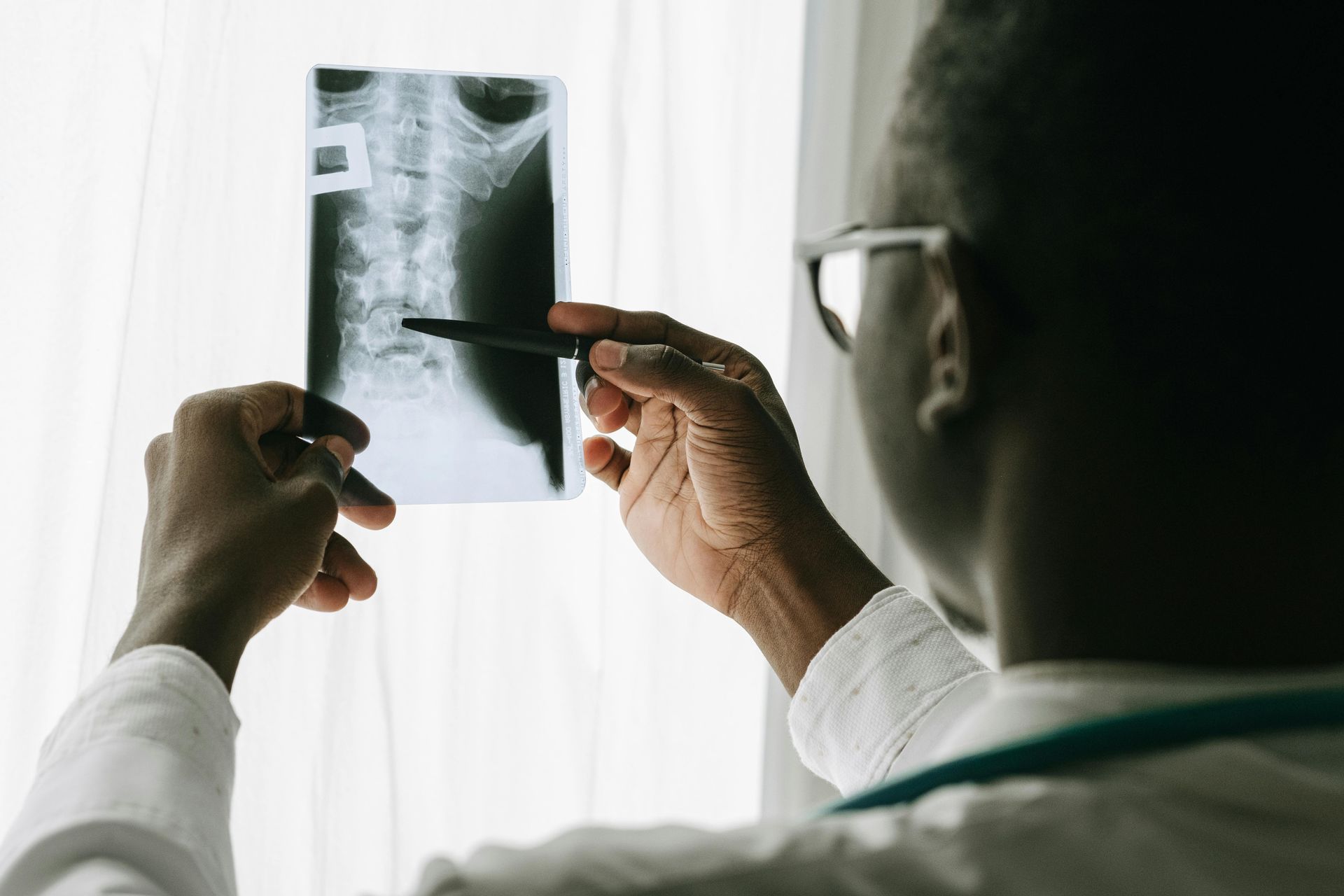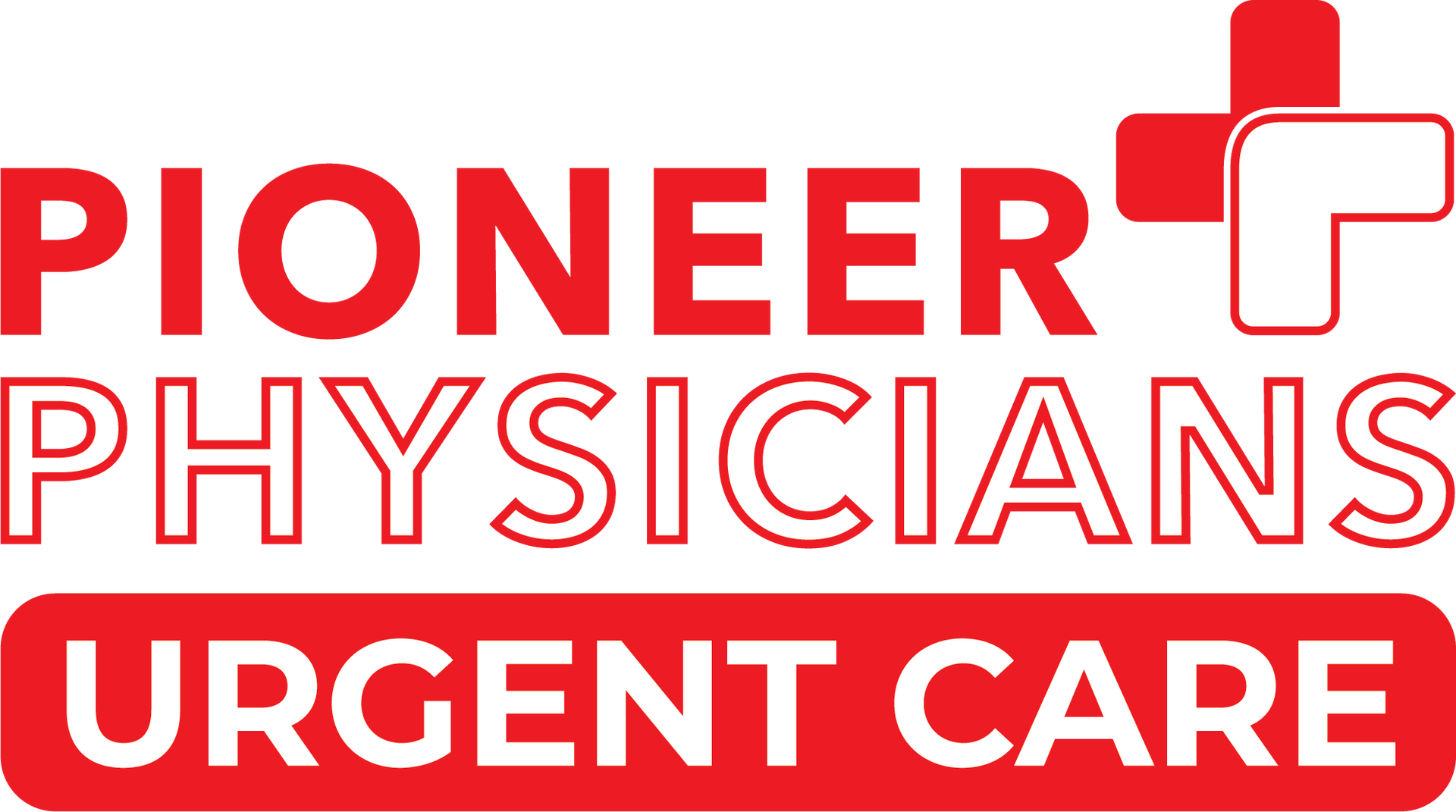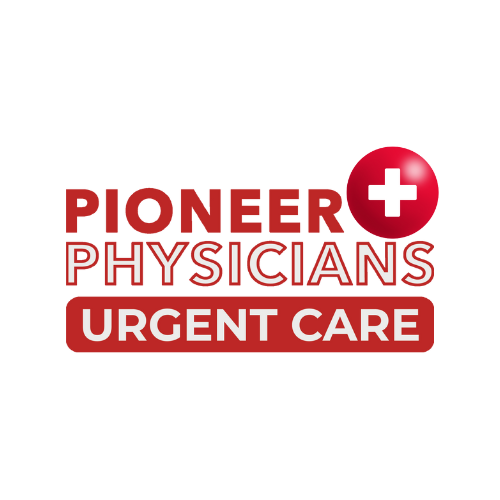Pioneer Physicians - Urgent Care
Urgent Care Clinics: Walk-In for Fast Medical Support
Urgent care clinics provide a convenient option for individuals needing prompt medical attention without the long wait times of an emergency room. These walk-in facilities are designed to handle non-life-threatening conditions such as minor injuries, infections, flu symptoms, and more. With extended hours and no appointment required, urgent care clinics ensure that patients receive timely treatment when their primary doctor is unavailable. Whether it’s a sudden illness or an unexpected minor injury, these clinics offer a reliable solution for quick medical care. Staffed by experienced healthcare professionals, urgent care clinics bridge the gap between primary care and emergency rooms, making healthcare more accessible. By choosing a nearby urgent care clinic, individuals can receive fast, professional medical support when they need it most.
Understanding the Role of Urgent Care Clinics
Urgent care clinics serve as a crucial part of the healthcare system, providing immediate medical attention for non-life-threatening conditions. They bridge the gap between primary care physicians and emergency rooms, ensuring patients receive timely treatment without long wait times or high hospital costs. These walk-in facilities are designed for convenience, offering extended hours and a range of services to address minor injuries, illnesses, and other urgent health concerns.

Immediate Care for Non-Emergencies
Urgent care clinics treat a wide range of non-life-threatening conditions, including minor cuts, burns, sprains, colds, flu, and infections. They provide quick medical attention for illnesses and injuries that require prompt care but do not warrant an emergency room visit. This ensures patients receive timely treatment without unnecessary delays.
Extended Hours and Walk-In Availability
Unlike traditional doctor’s offices, urgent care clinics offer extended hours, including evenings, weekends, and even holidays. Walk-in services allow patients to receive medical attention without scheduling an appointment, making it easier to seek care outside regular business hours. This flexibility is especially beneficial for individuals with busy schedules or unexpected health concerns.
On-Site Diagnostic Services
Many urgent care clinics are equipped with on-site diagnostic tools such as X-ray machines, laboratory testing, and rapid screenings. This allows for quick evaluations and immediate results, helping healthcare providers diagnose conditions efficiently. Having these services available in one location reduces wait times and eliminates the need for additional appointments elsewhere.
Cost-Effective Alternative to ER Visits
For non-severe conditions, urgent care clinics provide a much more affordable option than emergency rooms. ER visits can be expensive, especially for minor issues that do not require emergency intervention. Urgent care clinics offer transparent pricing and accept most insurance plans, making healthcare more accessible and budget-friendly for patients.
Bridging the Gap in Healthcare
Urgent care clinics fill an important role between primary care providers and emergency rooms. When a patient’s regular doctor is unavailable, these clinics provide an immediate solution for medical concerns. They also help reduce overcrowding in ERs by treating non-critical cases, ensuring hospitals can focus on life-threatening emergencies.
Urgent care clinics play an essential role in ensuring accessible and efficient medical care. By providing fast treatment for non-severe conditions, they help patients get the care they need without unnecessary ER visits.
Common Conditions Treated at Urgent Care Clinics
Urgent care clinics provide quick and efficient treatment for a variety of non-life-threatening medical conditions. These walk-in facilities help patients who need immediate attention but do not require emergency room care. Whether it’s a sudden illness, minor injury, or infection, urgent care clinics ensure timely medical support without long wait times or high costs.
Colds, Flu, and Respiratory Infections
Urgent care clinics provide treatment for common respiratory illnesses such as colds, flu, bronchitis, and sinus infections. Symptoms like fever, sore throat, cough, congestion, and body aches can be evaluated and treated with medications, fluids, or antiviral prescriptions when necessary. Prompt care helps prevent complications and speeds up recovery.
Minor Cuts, Burns, and Wounds
For small cuts, burns, or wounds that require medical attention, urgent care clinics offer wound cleaning, stitches, bandaging, and tetanus shots if needed. Proper treatment reduces the risk of infection and promotes faster healing. These clinics also assess whether a wound needs further medical intervention or specialty care.
Sprains, Strains, and Minor Fractures
Muscle sprains, joint strains, and minor fractures can be diagnosed and treated at urgent care clinics. Many facilities have on-site X-rays to assess injuries and provide splints, braces, or referrals to specialists if necessary. Early evaluation ensures proper healing and prevents further complications from untreated injuries.
Urinary Tract Infections (UTIs) and Other Infections
UTIs, ear infections, strep throat, and other bacterial infections are commonly treated at urgent care clinics. Patients can receive diagnostic tests, antibiotics, and pain relief medications. Quick treatment prevents infections from worsening and reduces discomfort, allowing individuals to return to their normal activities sooner.
Allergic Reactions and Skin Conditions
Urgent care clinics treat mild to moderate allergic reactions, including rashes, hives, insect bites, and contact dermatitis. Patients experiencing swelling, itching, or irritation can receive antihistamines, steroid treatments, or topical creams. More severe allergic reactions, such as anaphylaxis, require emergency room care.
Urgent care clinics are a reliable option for treating common health issues quickly and effectively. By offering fast, professional medical care, they help patients recover and get back to their daily routines without unnecessary ER visits.
How Urgent Care Clinics Provide Quick Medical Attention
Urgent care clinics are designed for efficiency, allowing patients to receive medical attention without needing an appointment. Most clinics operate on a first-come, first-served basis, reducing long wait times. With on-site medical staff, including physicians, nurse practitioners, and physician assistants, patients receive immediate evaluations and treatment. Many clinics also offer digital check-in options, making the process even faster. By providing essential healthcare services without unnecessary bureaucracy, urgent care clinics help patients get the care they need as quickly as possible.
When to Visit Urgent Care Clinics for Immediate Care
Knowing when to visit an urgent care clinic can save time and prevent unnecessary emergency room visits. These clinics are ideal for conditions like minor cuts requiring stitches, sprains, mild breathing difficulties, fevers, urinary tract infections, and rashes. However, for life-threatening conditions such as chest pain, severe head injuries, or difficulty breathing, patients should go directly to an emergency room. Urgent care clinics provide a practical solution for medical needs that require prompt attention but do not pose an immediate threat to life.
The Benefits of Choosing Urgent Care Clinics
Urgent care clinics offer numerous benefits, making them a preferred choice for non-emergency medical treatment. They provide extended hours, shorter wait times compared to emergency rooms, and more affordable services. Many clinics accept insurance and offer transparent pricing for those paying out of pocket. Additionally, they help reduce the burden on emergency rooms by treating patients with less severe conditions. The ability to walk in without an appointment and receive professional medical care quickly makes urgent care clinics a convenient and reliable option.
What to Expect During Your Visit to Urgent Care Clinics
A visit to an urgent care clinic is typically straightforward. Upon arrival, patients check in at the front desk, provide medical history, and describe their symptoms. Medical staff conduct evaluations, including physical exams and diagnostic tests if necessary. Based on the findings, healthcare providers offer treatment, which may include prescriptions, wound care, or minor procedures. Most visits are completed within an hour, allowing patients to resume their daily activities without significant disruptions.
Finding Reliable Urgent Care Clinics Near You
Locating a trustworthy urgent care clinic is essential for receiving quality medical care. Patients can search online for nearby clinics, check reviews, and verify accepted insurance plans before visiting. Many urgent care centers have websites listing their services, hours of operation, and estimated wait times. Some even offer online check-in options to streamline the visit. Choosing a reputable clinic ensures patients receive efficient, professional medical care when they need it most.
Conclusion
Urgent care clinics provide a fast and convenient solution for non-emergency medical needs, ensuring you receive timely treatment without the hassle of long wait times. At Pioneer Physicians Urgent Care in Bolingbrook, IL, our dedicated team is ready to assist with minor injuries, illnesses, and more—no appointment needed. With extended hours and a patient-focused approach, we make healthcare accessible when you need it most. Visit us today for prompt, professional medical care or call for more information about our services.
SHARE THIS POST:






